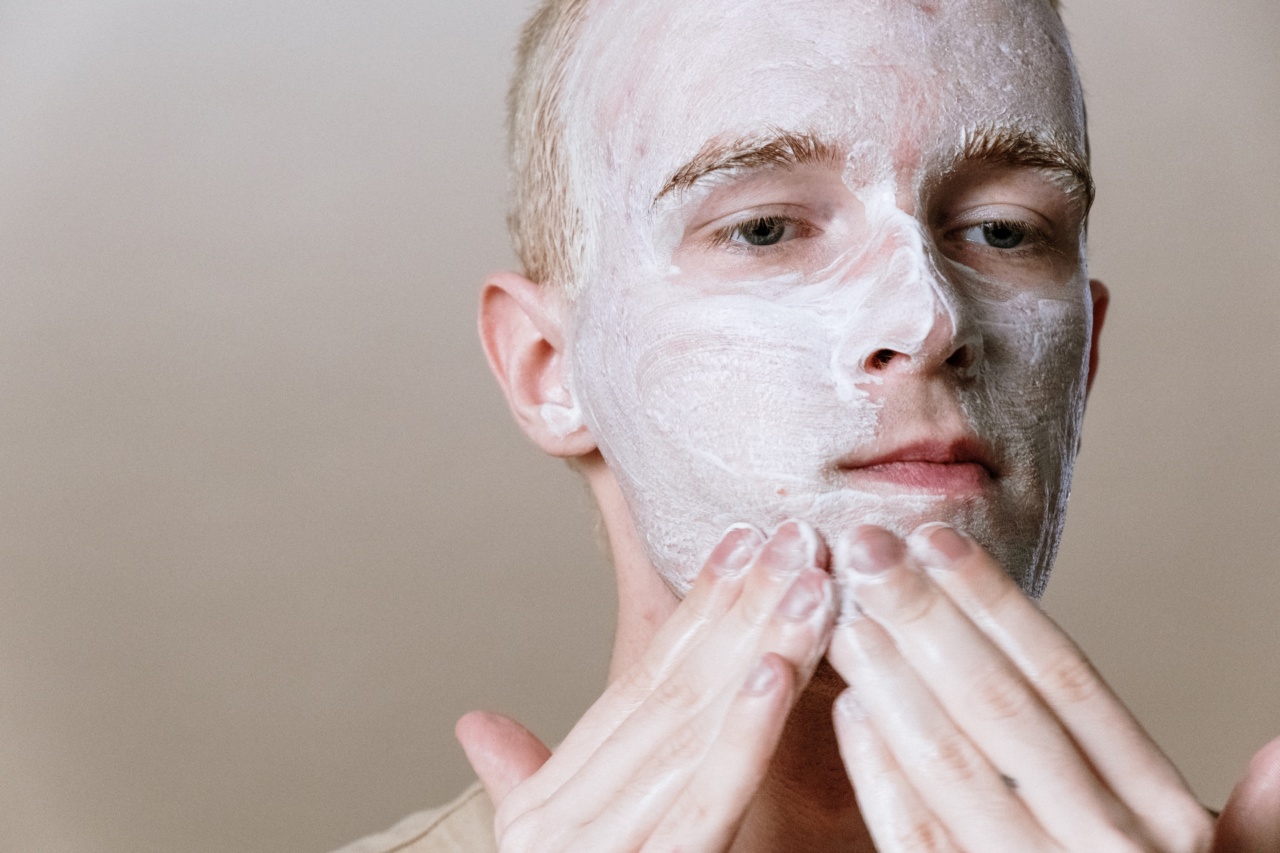Acne is a skin condition that affects millions of people worldwide. It is characterized by the presence of pimples, blackheads, and whiteheads on the face, back, and chest area.
Acne occurs due to the overproduction of oil by the sebaceous glands, which leads to the clogging of the pores and the formation of acne lesions. Managing oily skin and acne can be challenging, but with the right skincare routine, it can be controlled.
Cleanse Your Skin Regularly
The first step in managing oily skin and acne is to cleanse your skin regularly. Cleansing removes excess oil, dirt, and impurities from your skin.
Use a gentle cleanser that does not contain harsh chemicals, as these can strip your skin of its natural oils and make acne worse. Look for cleansers that contain salicylic acid or benzoyl peroxide, as these ingredients help to unclog pores and reduce inflammation.
Exfoliate Your Skin
Exfoliation is the process of removing dead skin cells from the surface of your skin. This helps to unclog pores and prevent the formation of acne lesions.
Use a gentle exfoliating scrub once or twice a week, and be careful not to over-exfoliate, as this can irritate your skin and make acne worse.
Use a Toner
Toners help to remove any remaining dirt and oil from your skin after cleansing. They also help to restore your skin’s pH balance.
Look for toners that contain glycolic acid or witch hazel, as these ingredients help to unclog pores and reduce inflammation.
Moisturize Your Skin
Even if you have oily skin, it is important to moisturize your skin regularly. Moisturizers help to keep your skin hydrated and prevent it from producing excess oil.
Look for oil-free moisturizers that contain ingredients like hyaluronic acid or ceramides, as these help to hydrate your skin without clogging your pores.
Avoid Touching Your Face
Touching your face can transfer bacteria and oil from your hands to your skin, leading to the formation of acne. Try to avoid touching your face as much as possible, and never pick or pop your pimples, as this can cause scarring and make acne worse.
Manage Your Stress
Stress can exacerbate acne by causing your body to produce more oil. Try to manage your stress levels by practicing relaxation techniques like yoga, meditation, or deep breathing exercises.
Use Acne Medications
If your acne is severe, your dermatologist may recommend acne medications like topical retinoids, antibiotics, or oral contraceptives. These medications can help to reduce inflammation, unclog pores, and prevent the formation of acne lesions.
Eat a Healthy Diet
What you eat can affect your skin. Eating a diet that is high in refined carbohydrates, dairy products, and saturated fats can lead to the formation of acne. Instead, try to eat a diet that is rich in fruits, vegetables, whole grains, and lean proteins.
Stay Hydrated
Drinking plenty of water can help to keep your skin hydrated and prevent it from producing excess oil. Aim to drink at least eight glasses of water a day.
Conclusion
Managing oily skin and acne can be challenging, but with the right skincare routine and lifestyle changes, it can be controlled. Be patient, and be consistent in your skincare routine, and you will see results.





























